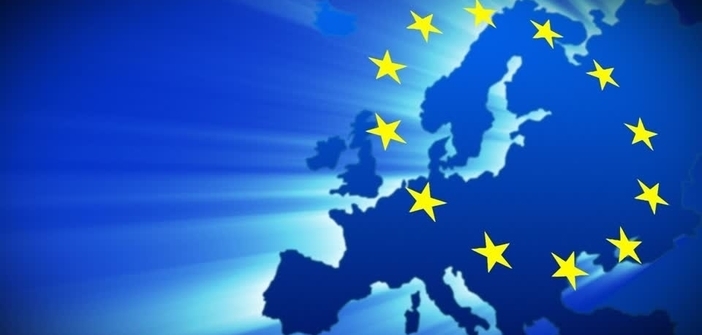On Monday, August 28, a mini-summit on immigration was held in Paris. In attendance, along with Emmanuel Macron, were the leaders of Germany, Spain, Italy, as well as Libya, Niger, and Chad. The four European countries joined voices to lay the groundwork for a “Turkish-style” agreement with these African transit countries for migrants. In exchange for better control of the flows and examining asylum applications from immigration candidates, the Europeans would provide increased support, particularly financially.
While this approach might be difficult to implement concretely, due to the fragility of these states, it would not solve the issue of internal solidarity within the EU, which is more undermined than ever. Indeed, despite repeated calls to its partners since spring, Italy, which is currently hosting the overwhelming majority of migrants, has received only timid support. Some European countries, such as those in the Visegrad group (Hungary, Poland, Czech Republic, and Slovakia), remain opposed to any arrivals on their soil.
Meanwhile, the Dublin Regulation, which requires asylum applications to be processed by the first country of arrival, is slow to be reformed. Making progress on these two points during the fall appears as necessary as it is delicate.


